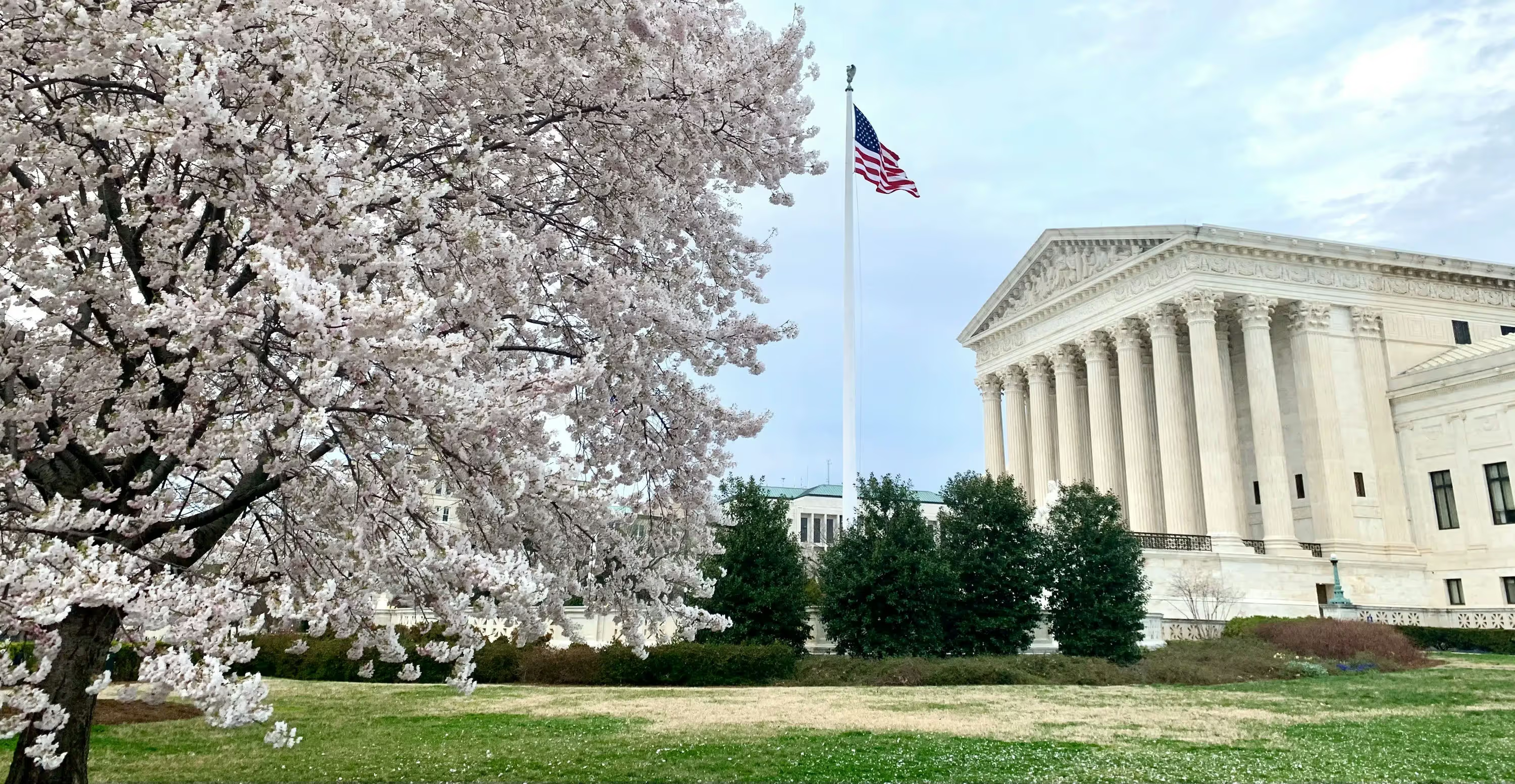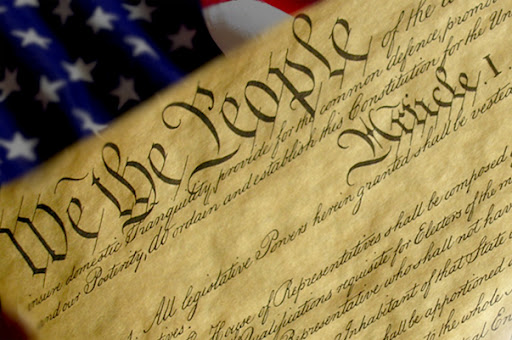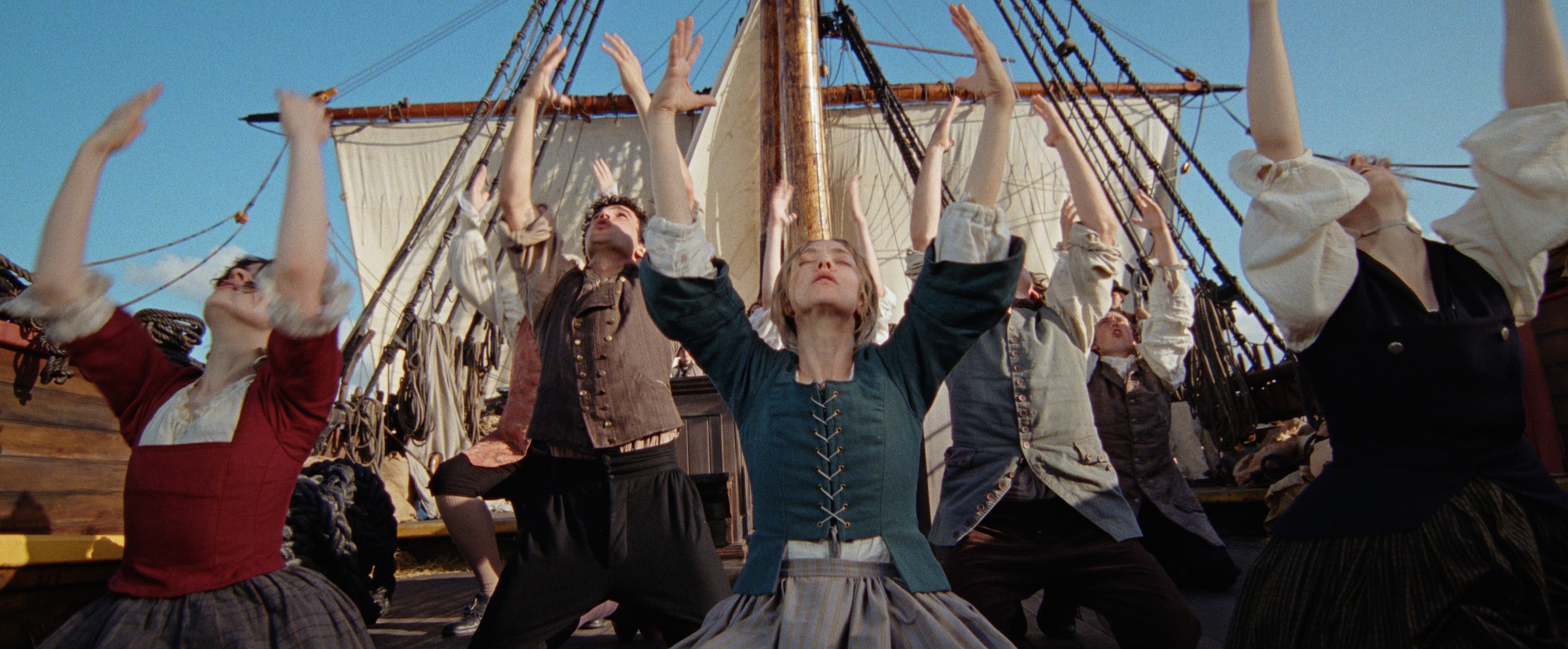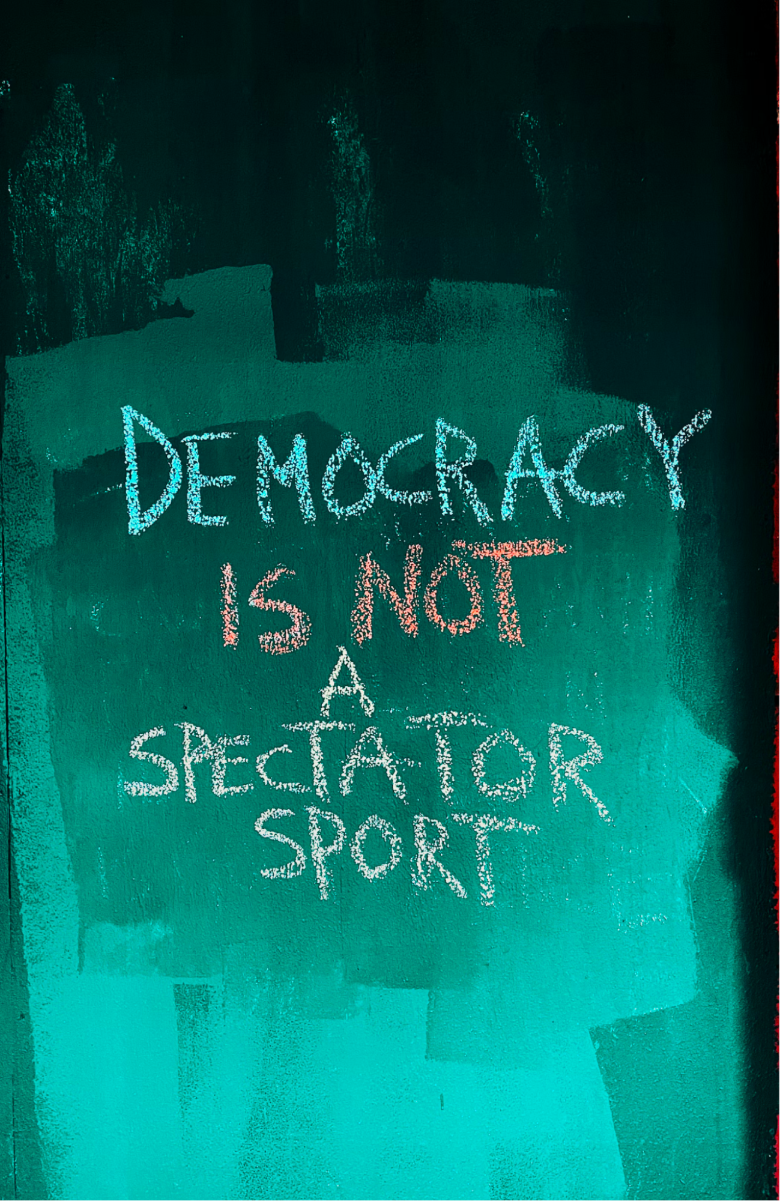
Analysis
What Constitutes A Sincerely Held Belief? Depends On Who You Ask
Perhaps the most complicated notion in the debates over religious freedom is the one over “sincerely held beliefs.” Especially since the enactment of the Religious Freedom Restoration Act in 1993 (which was passed with bipartisan and multi-faith support to protect adherents of minority faiths), the notion of personal devotion has been increasingly weaponized to advance the agenda of the Christian right.
RFRA’s Goal to Protect True Religious Freedom
RFRA grew out of the practice of ingesting peyote as a sacrament in native tribal tradition. A conflict between the state of Oregon’s drug laws and the ritual use of peyote by Alfred Smith and Galen Black, members of the Native American Church, resulted in a case that found its way to the Supreme Court. In rejecting the argument that personal convictions could override a law with neutral applicability, i.e., Justice Antonin Scalia wrote, "To permit this would be to make the professed doctrines of religious belief superior to the law of the land, and in effect to permit every citizen to become a law unto himself."
In order to protect practices that might run afoul of laws or regulations without truly deleterious effect, Congress passed RFRA, which (among other things) provides for reasonable accommodation of sincerely held beliefs. Among the types of behavior that might be protected under RFRA are wearing a head covering not part of a uniform, rescheduling tasks prohibited by religious belief on holy days, or even ingesting an otherwise prohibited substance as a sacrament.
The Christian Right Advances Their Agenda with RFRA
Ironically, Justice Scalia’s concern has become the default contention in conflicts over public policy to which some Americans object. Famously, the Supreme Court ruling in favor of marriage equality prompted some individuals in positions of authority who objected to marriage between two men or two women to withhold licenses on the basis that affirming such a relationship violated their sincerely held beliefs. Commercial ventures providing services to weddings – bakers, photographers, and calligraphers, for example – likewise declined to accept business from lesbian and gay couples. Although RFRA does not apply to houses of worship, some churches have sought legislative protection from “forcing” their clergy to officiate at such weddings.
The tactic has also been extended to responses to the public health measures instituted amid the COVID-19 pandemic. Some faith communities have insisted on exemptions from mask and vaccination mandates, and, even more alarming, some individuals have claimed that personal convictions prevent them from participating in practices designed to preserve the lives and well-being of others.
There are other examples of the deployment of a weaponized version of “sincerely held beliefs” by individuals who simply dissent from the legal mandates that enable our society to cohere.
The Future of Religious Freedom
Justice Scalia’s concern has come to pass and, perhaps ironically, has found at least some support among Supreme Court justices. In the process of litigating these abuses, our country may either unravel the notion of the general welfare affirmed by the Constitution or return to a standard of infringement of legitimate religious practice that RFRA was designed to protect, to the detriment of us all.
Learn more about Interfaith Alliance’s efforts to protect true religious freedom.
Transcript

Pluralism is Democracy in Action
On July 4, America will mark 250 years since the signing of the Declaration of Independence. That day in 1776, the nation’s founders put forward a bold vision for a new democratic experiment, one rooted in shared values, with power derived from the people rather than imposed by a monarch or religious authority:



